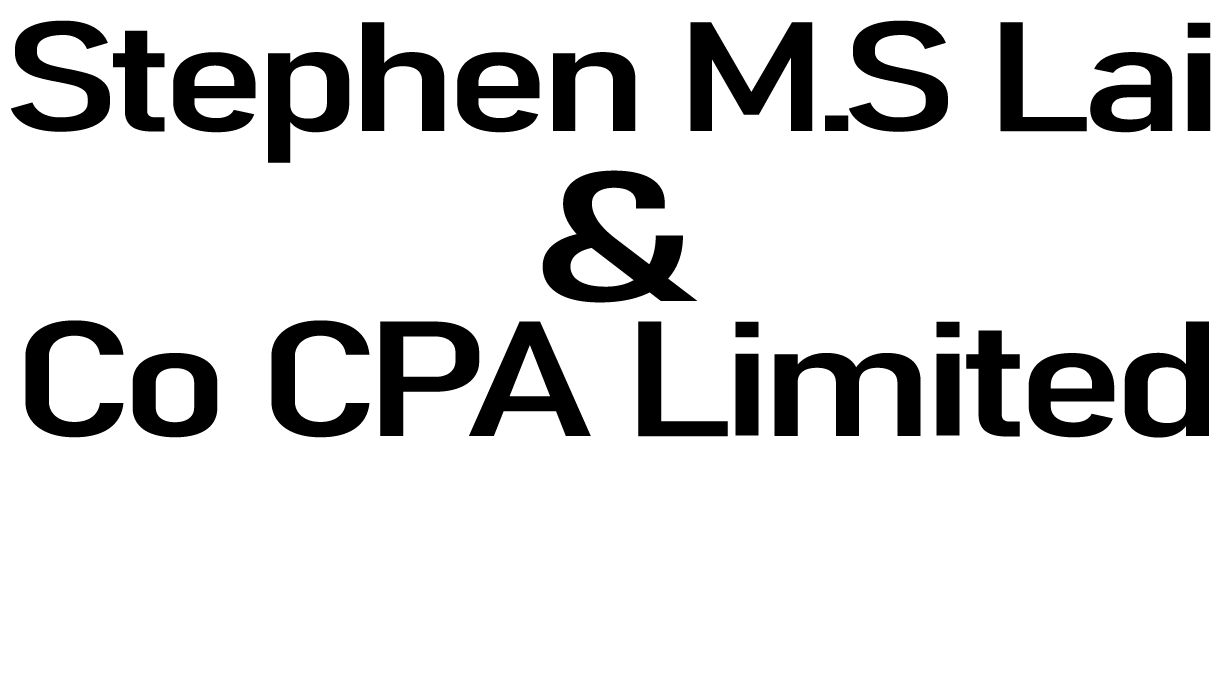
Salaries Tax Of Hong Kong (Employers’ Obligations)
Table of Contents
Hong Kong is a port city that offers great value for new businesses and investors. Hong Kong’s ease of doing business makes it a favorable business destination for individuals who want to set up their company overseas.
Hong Kong’s low tax obligations, the minimum company, set up requirements, and a straightforward tax system supports new businesses and company growth. Hong Kong follows its territorial tax system, where income arising or deriving by doing business in Hong Kong is subjected to taxes; otherwise, there are no taxes on the income one generates outside Hong Kong.
If you are an employee in a company registered in Hong Kong and make money through salary or pension, you are chargeable with salary tax. Although there is no income tax on the employees, they have to pay the salaries tax. Therefore, the Employer should maintain and keep the records of employees and keep the inland revenue department updated about the employment contract and general employee information.
Employer’s Tax Obligations
Once you hire an employee for your Hong Kong company, tax obligation as an employer begins. It doesn’t matter whether the employee works within Hong Kong premises or outside the territory. The Employer has to maintain the record of the employed person.
Keeping Payroll records:
Employee’s Particulars:
The Employer maintains and keeps the record of employees’ particulars out of many things. These details include employee name, address, identity card, or passport number with the country of issue and marital status.
Nature of Employment:
The nature of employment includes the details of employee working hours, whether it’s a full-time job or part-time. Part-time usually refers to working hours less than full-time jobs or working hours.
Nature of Job:
The nature of the job refers to the capacity in which the employee is employed or its designation. It can be different as per the requirement of the Employer. For example, it can be a sales manager, salesman, worker, in-house lawyer, accountant, or director.
Amount of Cash Remuneration:
The Employer must maintain the record for the amount of cash remuneration, regardless of the denomination in domestic or foreign currency, and remuneration paid outside Hong Kong.
Non-Cash and Fringe Benefits:
Apart from salaries, if the employees are getting or enjoying other non-cash and fringe benefits such as quarters, holiday journey benefits, share award, share option. The Employer should also record those benefits as they are necessary to be mentioned when filing tax returns.
Mandatory Provident Fund:
Hong Kong has its mandatory provident fund that helps the employee later on, once they retire or, with certain conditions, quit their jobs. The Employer needs to track records of employees’ and employers’ Mandatory contributions to MPF or its equivalent.
Period of Employment Contract:
The record of a period of employment is also the responsibility of the Employer to maintain and keep the record for later use in a tax year and file the tax returns.
Inland Revenue Department:
An employer must inform the Inland revenue department if any change occurs in the general employee information, personal particulars, employment contract, and other important employee details.
Employee’s Particulars:
The Employer must inform or update the employee status in its record if there is any change in the employee’s details and particular. It can be a change in a residential and postal address, marital status, etc.
Employee Terms of Employment:
The terms of employment contain all the details regarding employee work hours. It can be part-time or full-time. If there are any changes in these terms, employers should inform the inland revenue department and update the employee status.
Hong Kong Identity Card:
Every employee in Hong Kong has their own Hong Kong identity card; if there is any change in the particulars of the identity card, then an employer should update and inform IRD about the employee identity card number.
Maintaining Business accounting records and Payroll records:
It’s compulsory and advisable for business owners to keep their accounting records for at least seven years, including payroll records. These records help evaluate and measure different business KPIs and make estimations for future tax returns.
Reporting Remuneration Paid to an Employee:
Here are the general details that an employer should follow and provide to the IRD. These details include:
When the Employer received an Employer’s Return (BIR56A), it should be completed and lodged with the inland revenue department within one month, even with the following conditions:
- Even if the employer does not hire any employee, the employer ticks or selects “No” in the BIR56A form when receiving it or filing a return to IRD.
- The business is still in the planning phase and has not commenced yet.
- The business is shut down or ceased due to any reason.
If any of the employees who meet the conditions listed below do not receive an employer’s return of the year of assessment by the mid-0f April of a tax year, then the Employer should request IRD to issue a return. The conditions are:
- All Employees (including laborers, workers, daily wagers or otherwise, and employees who have received remuneration through service company arrangements), whether resident in Hong Kong or not, whose total income is more than the basic allowance.
- Directors, married persons, and part-time employees were likely to have other income chargeable to salaries tax irrespective of any amount paid and whether Hong Kong resident or not.
- Employees of any non-Hong Kong company are assigned or seconded to your company for duties in or outside Hong Kong.
- Persons to whom a pension was paid or accrued.
- Former employees and former directors have realized gain by exercise, assignment, or release of any share option.
The Employer should provide a copy of the completed IR56B/56E/56F/56G to the employees concerned to facilitate the correct completion of their tax return.
The Hong Kong Identity Card No of the Employee:
If any of the employees were recruited overseas or seconded from an overseas corporation, doesn’t hold the Hong Kong identity card when employers complete all the necessary details to file a tax return, the Employer should provide the employee passport number with the place of issue.
But it doesn’t end here; after filling the Employer’s return, the Employer should follow up with the employee. Whenever the Hong Kong identity card number is available for that particular employee, the Employer must update and inform IRD.
Continuous Employment:
The Employer should report the employee on the Employer’s return if the employee is:
- Single and paid an annual income of 132,000 or more
- The employee is married (regardless of amount)
- The employee is hired as a part-time staff (regardless of the amount)
- The employee is a director (regardless of amount)
New Employment
In the case of a new employee, the Employer has to file one copy of IR56E or use an electronic filing of the Employer’s return within three months of employing a person if the Employer anticipates that the employee is likely to be chargeable to salaries tax.
On Termination of Employee Services (or death)
Suppose the employee got terminated from their job. In that case, the Employer has to file one copy of IR56F or via the electronic filing of the Employer’s return one month before the termination of their employment.
On leaving Hong Kong for good or a substantial period:
If the employee is about to leave Hong Kong for a substantial period, the Employer should have asked the employee about the following information and updated it on the return.
- The Employer has to ascertain from the departing employee about his/her expected date of departure.
- The Employer has to file two copies of IR56G via electronic filing one month before the expected departure date.
- From the date of filling IR56G, the employee has made tax clearance and can produce to the Employer a letter of release issued by the IRD. The Employer should withhold all amounts due to paid to them (including salaries, commission, bonus, reimbursement of rent/expense, money or money’s worth included).
Income Tax:
There is no income tax withholding at source via payroll throughout the tax year in a Hong Kong company. It’s the employee’s responsibility to file annual income on the annual tax declaration and pay directly to IRD.
Even there is no income tax withholding at the source. The inland revenue ordinance states that any person chargeable to taxable income and intending to leave Hong Kong shall notify the IRD no later than one month before leaving Hong Kong.
Social Security:
The Hong Kong government designed a major protection scheme for aged and retired residents called the Mandatory Provident Fund. All employees must have an employment contract of 60 days or more; it also applies to self-employed between 18 to 65. Any outside individual or foreign citizens who work in Hong Kong for periods shorter than 13 months or have another country’s retirement plan are exempted from this.
Conclusion:
Hong Kong has a territorial-based tax system where any income arising or deriving inside Hong Kong is a taxable income. There are three major taxes in Hong Kong. Profits tax on the income from profits, salaries tax on income from the salaries, and property tax on properties or income generated from them.
The employer in any case should maintain and submit the required documents of its employees to the IRD according to the Hong Kong employment laws and Inland revenue ordinance.
